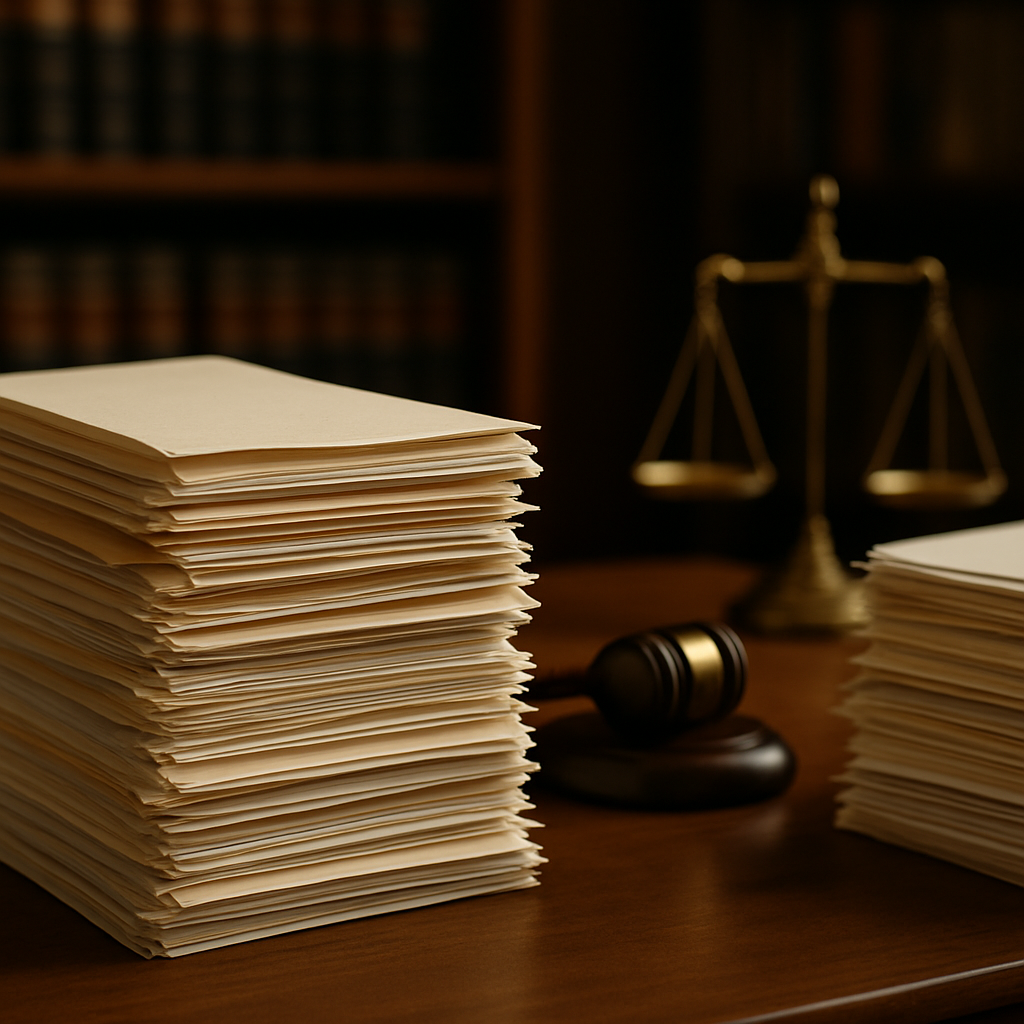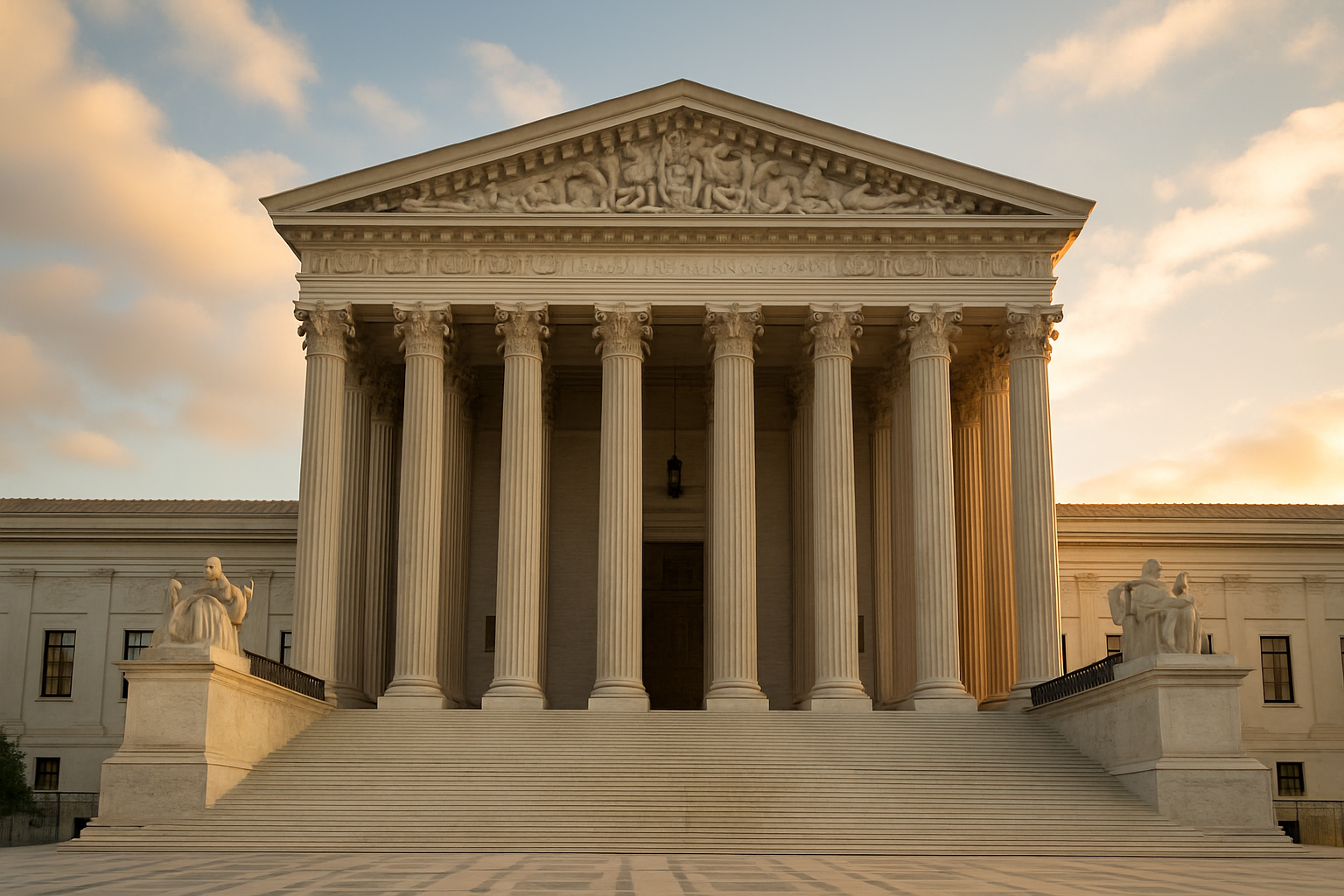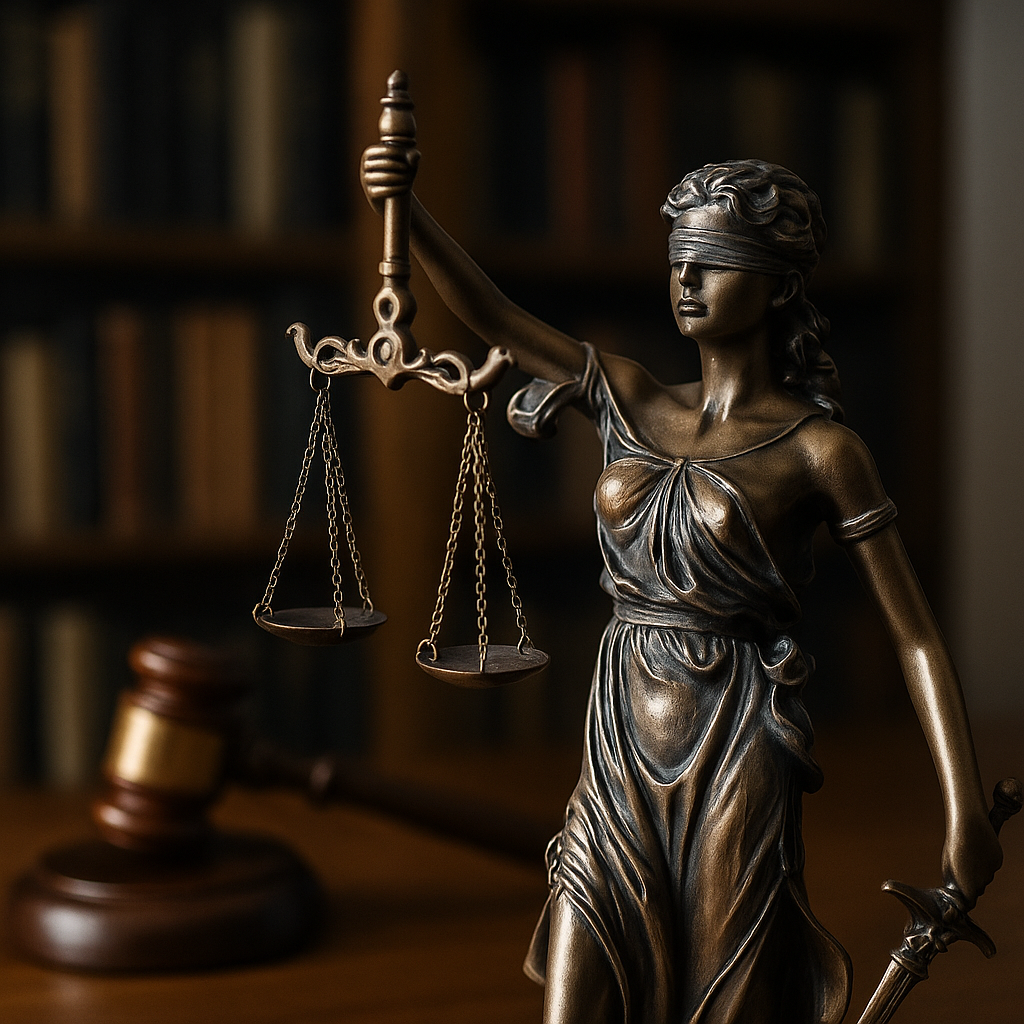Rising Tort Filings in 2025 – What It Means for Personal Injury Victims
Across the United States, civil courts are seeing a surge in tort filings in 2025. For injured people, this trend has both risks and opportunities. On one hand, more cases mean courts are addressing harm caused by negligence. On the other, it raises questions about delays, backlogs, and how juries are responding to higher volumes of personal injury claims.
Why are tort filings increasing now? Several factors are driving the rise. Pandemic-related backlogs have cleared, allowing more cases to move forward. Plaintiffs’ attorneys are filing large numbers of suits in mass torts, such as defective drugs, medical devices, and toxic exposure. Courts are also seeing more injury claims linked to vehicle crashes, workplace accidents, and nursing home neglect. Together, these shifts mean more people are turning to the civil justice system for accountability.
How does this affect the average personal injury victim? A busier court system may mean longer wait times for trials and hearings. But it also shows that juries are willing to listen to claims and award significant compensation. In recent verdicts, damages for pain, suffering, and loss of quality of life have climbed higher. This trend can give victims confidence that their voices will be heard, even in crowded dockets.
Another question: do more filings make it harder for victims to stand out? The short answer is yes, but strategy matters. Strong evidence, medical records, expert testimony, and clear legal arguments become even more important when courts and juries are faced with case after case. Victims need representation that can cut through the noise and present their story with clarity.
Insurance companies are watching these trends closely. With higher volumes of tort cases and larger jury awards, insurers are likely to fight harder to limit payouts. That means more aggressive settlement tactics, more disputes over coverage, and more pressure on victims to accept less than full value. For injured parties, it underscores the importance of skilled advocacy.
Does this wave of filings mean courts will change the rules? Not immediately, but history shows that when tort filings rise, legislatures and appellate courts often debate new limits on damages or stricter filing requirements. Victims should pay attention to these discussions, because laws can shift quickly and affect both pending and future claims.
For Washington residents, the national trend carries a local lesson: if you are hurt due to negligence, don’t wait to act. Courts are moving cases forward, juries are listening, and victims who prepare early are better positioned to succeed. Rising tort filings may sound like just a statistic, but behind every case is a person seeking justice. The system is crowded, but the right claim, backed by evidence, can still stand out.











